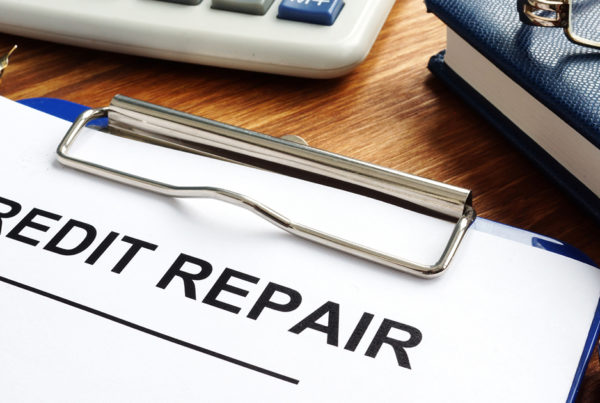When people are looking to repair or improve their credit, many first turn to credit repair companies.
But this is an expensive and complicated way to do something you can do yourself for little to no expense. To fully understand your options to repair your credit, check out how credit repair organizations operate versus repairing your credit on your own.
Credit Repair Organizations
The purpose of credit repair organizations is to dispute any negative information found on your credit reports. Many people turn to credit repair organizations because they believe these organizations can legally do more for them when it comes to credit repair. However, many of these companies have overstated what they can do for clients in order to increase business.
In fact, many consumers were being scammed by these credit repair organizations, which led to the Credit Repair Organizations Act (CROA) in 1997. This law ensures that repair organizations do not take payment until the services they’ve promised are complete, provide a written contract describing these services as well as any terms and conditions, do not make deceptive claims about their services and do not ask you to sign any documentation that would forfeit your rights.
While credit repair organization scams have become less common under the CROA, there is still reason to be cautious when working with one of these organizations. Even legitimate credit repair companies may still try to work around these laws.
Credit repair companies typically charge monthly fees for the previous month’s work, or they charge a flat fee for each credit report item they are servicing.
Although these are registered organizations, they cannot remove every piece of negative information on your credit report. If the information was reported accurately by the lender, it is likely that it won’t be removed.
Repairing your credit on your own
Before you get started on repairing your credit, it is important to understand that negative but accurate information on your report cannot be removed. For example, if a missed payment is accurately stated on your report, it will remain there for seven to ten years.
In order to get an idea of the big picture of your credit, take a closer look at your credit report. Look at it from the lender’s point of view to identify glaring negatives, such as late or missed payments. These are common issues that can cause significant damage to your credit score. Identify these recurring negatives and work to avoid them in the future.
If you find information that is incorrect when analyzing your credit report, file a dispute with the credit reporting agency you are using. Contact the lender who is reporting the false information as well so the mistake can be corrected in their records.
In the future, consider how many accounts you have open and how much you owe under each account. If you have debt under many accounts, work to pay them off until the number becomes more reasonable. Pay off accounts with the highest interest rates first and continue to be wary about opening new credit accounts in the future, especially multiple accounts in a short amount of time.
Whether you’re working with a credit repair organization or repairing on your own, it takes time to rebuild credit, and you shouldn’t expect immediate results.
Working to repay debts and close accounts can take months. Even the investigation for a dispute on inaccurate information can take up to 30 days, followed by three to six months for the information to be corrected on your report.
Check your credit score regularly to track your progress and continue ensuring that accurate information is being reported over time.
Now that you know more about repairing your credit, take some time to review your credit and understand your own credit situation. Please call us at 800.448.9228 (Wisconsin) or 312.491.7000 (Chicago) if you have questions or would like one of our team members to review your financial situation and make recommendations to help you maintain or improve your credit.






 Federally Insured by NCUA |
Federally Insured by NCUA |  Equal Housing Opportunity |
Equal Housing Opportunity |